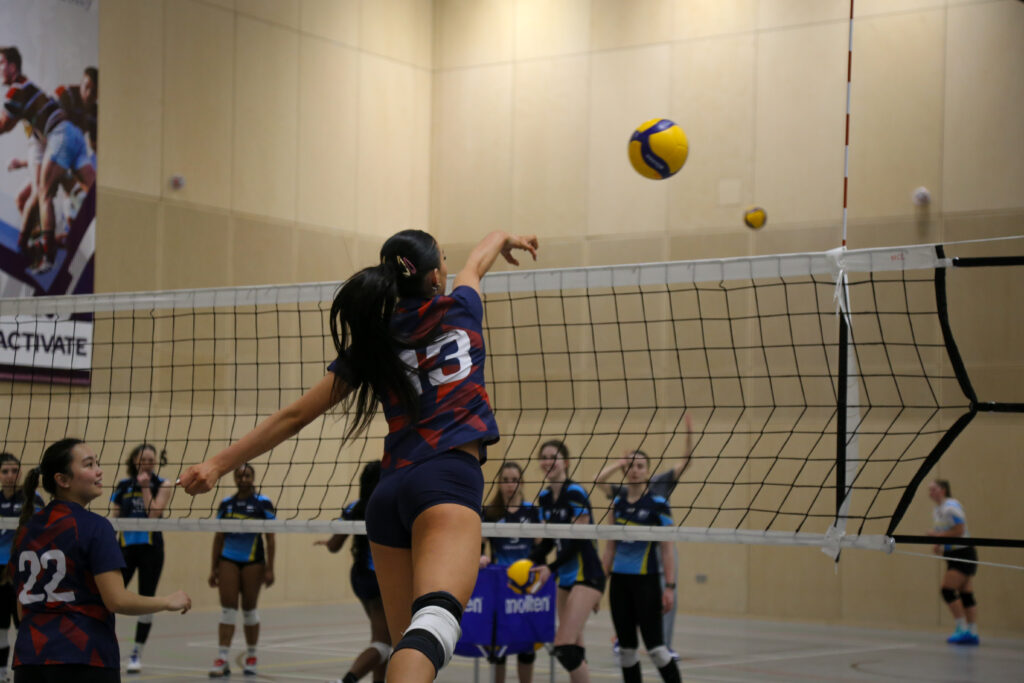Disclaimer: Mental health topics are discussed in this article.
Balancing academic responsibilities with participating in performance and competitive sports can be rewarding yet challenging and overwhelming for student-athletes. Awareness around mental health has grown, and increasing psychological attention has been given to athletes who face those struggles.
These students often find themselves navigating a close-fitting schedule, high expectations and intense physical stress, all whilst managing a social life. For many, the combination can become a burden, most times causing anxiety, stress, and in some cases, burnout.
Dr. Max Stone, a lecturer in Sport & Exercise Psychology, explains the weight that this can take on a student-athlete. ‘Athletes are not immune to mental health struggles,’ he states. ‘The pressure to perform – academically and physically – combined with limited downtime and isolation, can impact a student-athlete’s mental wellbeing.’
The pressure to perform – academically and physically – combined with limited downtime and isolation, can impact a student-athlete’s mental wellbeing
According to Dr. Stone, the psychological side effects of sport are often overshadowed by the physical performance. ‘Everyone places so much emphasis on training and results, but even the most physically gifted athletes can struggle to perform without mental stability or support’.
To address the rise of mental health cases in student-athletes, more universities are introducing support systems targeted to those struggling, including counselling services, and wellbeing appointments designed for student-athletes.

Alex Duggan, Athletic Union Officer at Newcastle University, believes that creating a supportive space is just as important as providing services. ‘Creating an environment where athletes feel safe discussing their mental health is essential.’ She also stated that there is ‘still a stigma in different areas of the sporting world, especially when asking for help. We’re working hard to challenge that by promoting open conversations and normalising the conception that mental health is health’.
More athletes are reaching out; our numbers are growing daily
Duggan and the AU Executive Committee have worked on several initiatives, such as mental health awareness campaigns during sporting events such as Varsity, peer mentoring programs, etc. She notes that these efforts have already begun to create a more inclusive sporting community.
‘More athletes are reaching out; our numbers are growing daily. Some of them are not even in crisis, they just want someone to talk to,’ she explains. ‘It’s a great step forward. Next year, my plan is to develop more plans that will help our student-athlete community so that they continue to perform at the highest level of university sport.’
Both Dr. Stone and Duggan agree that even though there’s progress being made, more work is needed, especially in training coaches and staff to recognise signs of mental distress and provide the support needed.
‘The role of coaches is incredibly important,’ says Dr. Stone. ‘They’re the ones who can spot changes in their behaviour or state of mind, and they are the ones who can refer athletes to the right support. Their role is crucial in these cases.’
Ultimately, tackling mental health challenges within student-athletes requires an all-encompassing approach, especially one that values psychological perseverance and physical strength. Through education, supportive environment and different resources, universities are beginning to implement a healthier and balanced student-athlete experience.
As Duggan explains: ‘It’s not about choosing between wellbeing and triumphing, it’s about recognising that one benefits from the other.’